Klingbeil stated that Germany is facing “geoeconomic disruptions and increasing global competitive pressure,” stressing that key industries such as chemicals, automotive, steel, and paper must be protected. “Some consider it normal for these sectors to disappear from Germany. That can never be our position. We will fight for every single industrial job,” he said.
Emphasizing that the government’s priority is safeguarding industrial employment, the minister recalled three key measures aimed at reducing energy costs: abolishing the gas storage levy, lowering grid fees, and reducing the electricity tax for industry. “We have sent a clear message to industry: we are working to move the economy forward and to protect industrial jobs,” he said.
Klingbeil also underscored the need to implement the industrial electricity price mechanism swiftly. Calling on the European Commission, he added: “Brussels must wake up to industrial policy realities. Electricity price support and compensation mechanisms must work together.”
Addressing the future of the German steel sector, Klingbeil expressed support for strengthening protective measures against steel imports: “I support free trade, but we cannot stand by while everyone else practices protectionism. To protect European steel, we must reduce quotas and increase tariffs.”
The minister reiterated that imports of Russian slab must be banned, noting that the government is pushing this line within the EU: “It is unacceptable that Russian steel still enters Europe. This weakens German jobs. Countries like Hungary under Viktor Orbán are allowing this; it must stop.”
Klingbeil stressed that decarbonisation does not mean deindustrialisation and said that the Climate and Transformation Fund (KTF), which supports industrial transition, is being used appropriately: “We are not investing in deindustrialisation, we are investing in industrial transformation. Our goal is to preserve production and employment in Germany.”
In closing, Klingbeil issued a clear call to industry: “As the government, we are providing the framework to ensure Germany remains a strong industrial nation. What we expect from companies is loyalty to this country and to the people who work here.”


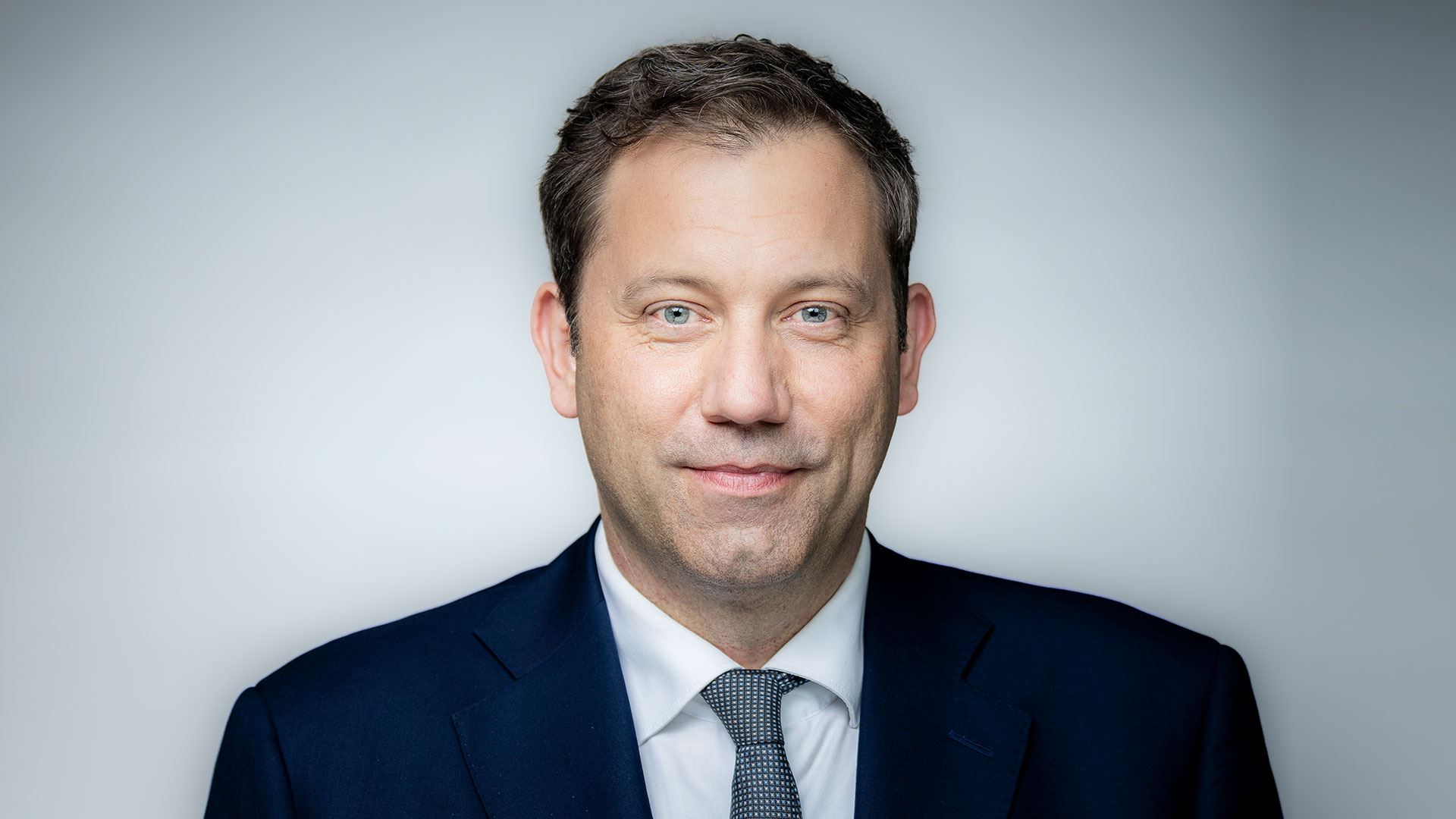
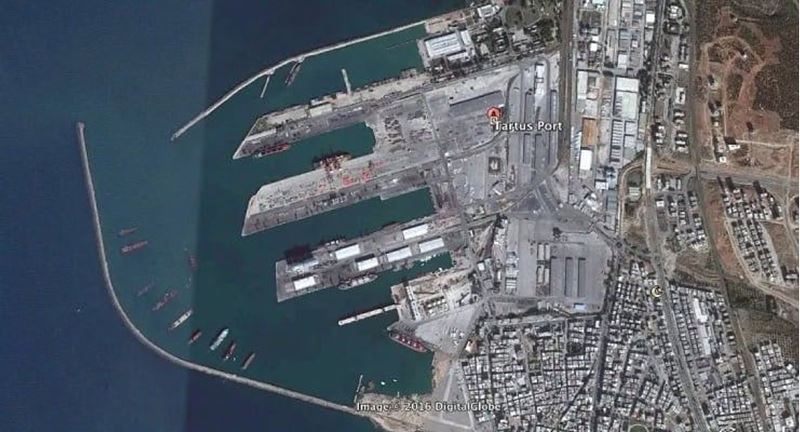
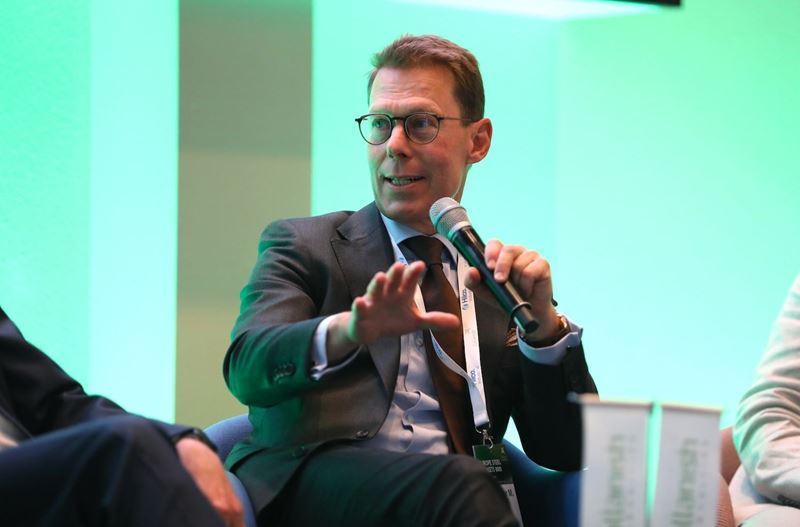
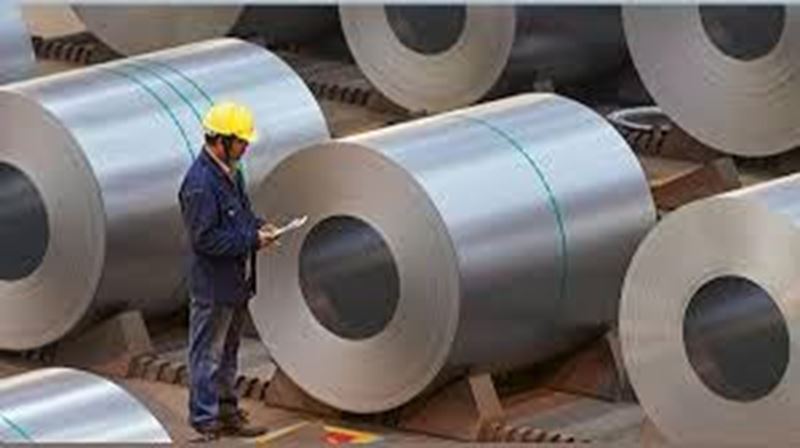
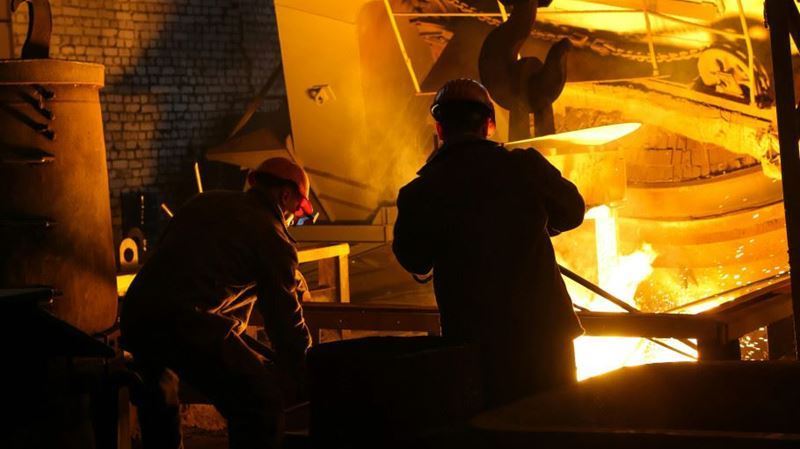



Comments
No comment yet.